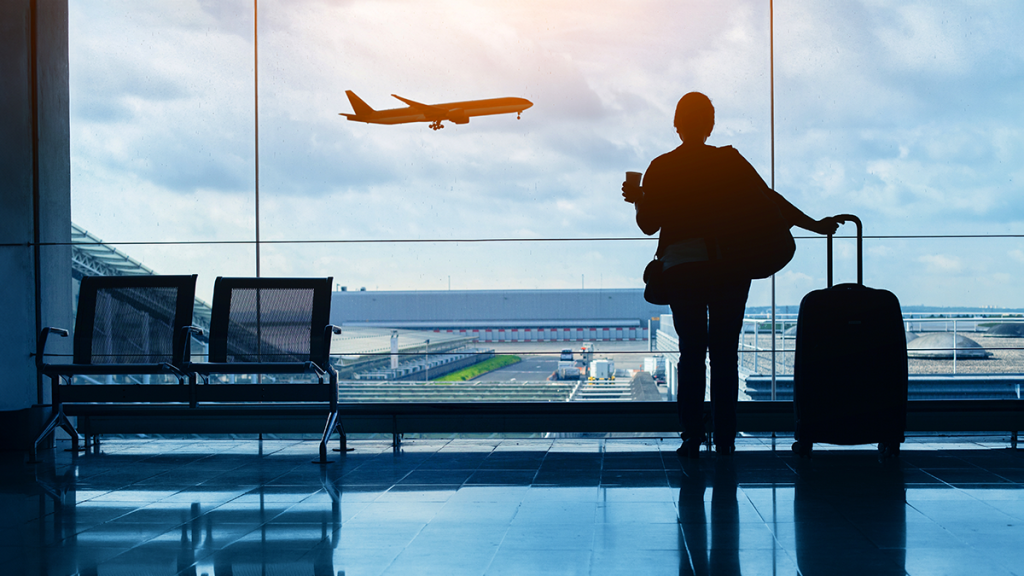Opinion | Summer Travel Post-Covid Has Arrived. Earth Can’t Handle It.
I have written by now about how the pandemic really should prompt a rethinking of air vacation. This is most legitimate in the business enterprise planet. Absolutely sure, there’s a thing magical about assembly facial area to facial area, but in an age of fairly superior videoconferencing, there isn’t magic more than enough to justify the serious environmental costs of routine flight. But traveling is so carbon intensive — your share of the emissions from a solitary spherical-journey trans-Atlantic flight is virtually ample to wipe out the gains you could get from living car or truck-absolutely free for a 12 months — that it’s value taking into consideration restricting leisure airplane excursions, also. Some men and women can afford to travel to Europe each and every calendar year, it’s possible even various instances a yr. I’m not a single for flight shaming, but that degree of indulgence should to receive some measure of social opprobrium.
Cruises current an even better target for radical reform, if not outright prohibition. The early times of the pandemic highlighted the cruise industry’s vulnerability to contagion, but having disorder underneath handle should be just the initially move for this most polluting of conveyances. According to a single review, a midsize cruise ship can emit as a great deal particulate as one particular million automobiles. A person cruise corporation by yourself, Carnival, was dependable for 10 instances as significantly sulfur oxide as that emitted by the around 260 million passenger vehicles on European roads in 2017, a 2019 analysis located.
This 7 days I referred to as Rick Steves, the vacation author and tour operator, to check with about the long term of journey on a warming world. For most of his lifetime, he frequented Europe at minimum the moment a 12 months. Past summertime was the initially time in a long time that he didn’t go, and he’s being residence once more this yr.
Steves told me that time at house has specified him a new standpoint on vacation — equally its liberating psychic options and its large expenses.
“I’ve received an appreciation for the fragility of the natural environment and the value of men and women and nations to not be scared of just about every other but get the job done with each other,” he explained to me. Like the struggle towards weather change, fighting the pandemic demanded coordination amid politicians, experts, regulators and corporations about the globe. That form of coordination is fostered by the rely on and empathy received by world travel, Steves claimed. The rub is that journey itself is worsening the crisis — and mainly because the industry’s effect has been so loosely policed by the world’s governments, it has very little incentive to make complicated variations to its operations.
To mitigate the environmental value of his European vacation organization, Steves has turned to carbon offsets. For just about every of the 30,000 or so passengers the business takes to Europe in an standard yr, the organization contributes $30 for environmental initiatives meant to curb the expenditures of local weather adjust. Lots of airlines now offer you passengers the prospect to pay back for emissions offsets.
But for the reason that all these systems are voluntary, their influence seems restricted. And at the moment, there is tiny political incentive to impose new restrictions on battling journey firms.





